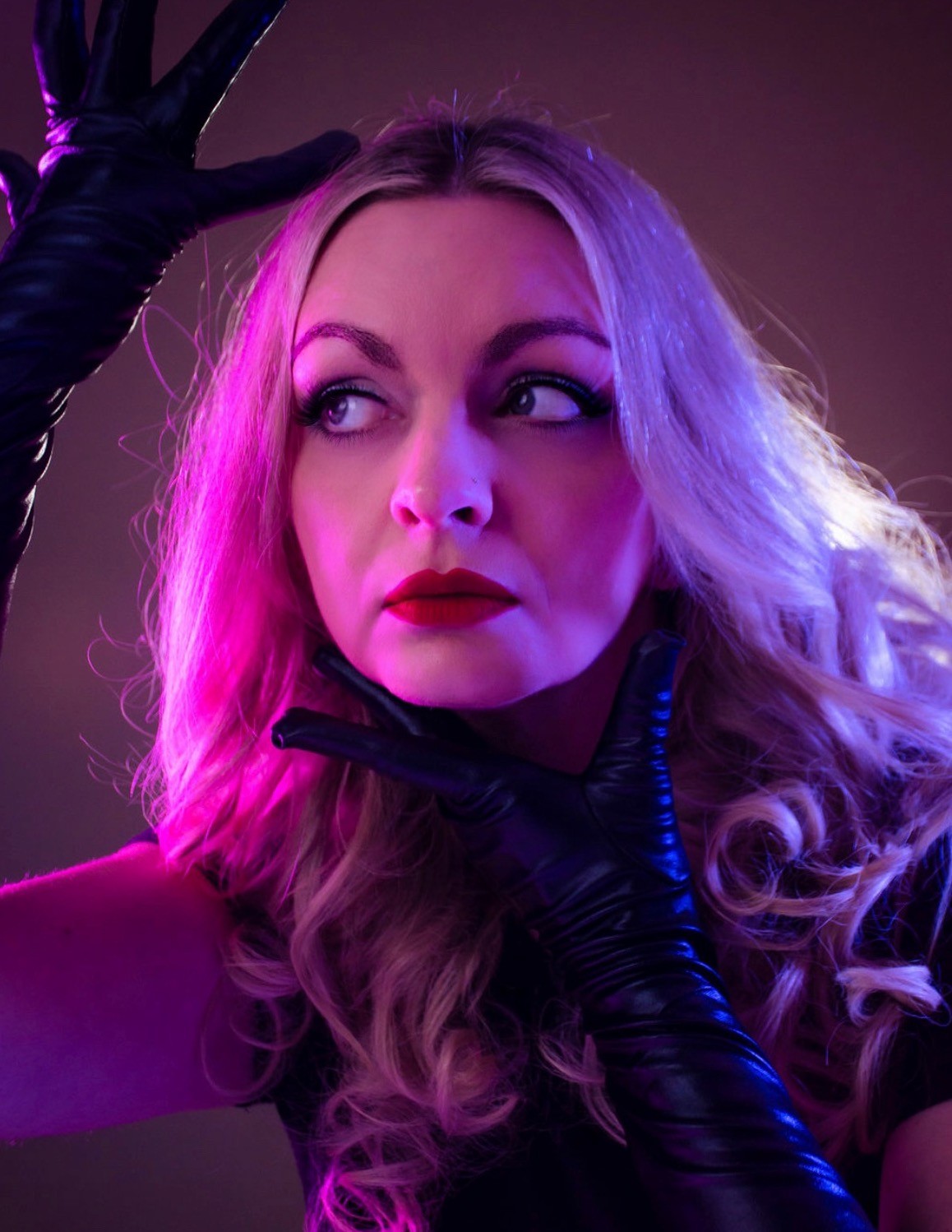Alright – so today we’ve got the honor of introducing you to Shaun Rylee. We think you’ll enjoy our conversation, we’ve shared it below.
Alright, Shaun thanks for taking the time to share your stories and insights with us today. What’s been the most meaningful project you’ve worked on?
All of my own projects are incredibly meaningful. I wasn’t seeing acting breakdowns in my 20s that weren’t ‘girl next door’ or some sort of stereotype of a college student. So I set out to write my own work. Two short projects that have been excelling on the film festival circuit, ‘Question Everything’ and ‘You Don’t Deserve This’ have helped give me an identity as a filmmaker who takes risks with narrative and visual style. It means everything to me to get to push the boundaries in that format and celebrate film as visual art with deep meaning.
But I would have to say beyond that, the most meaningful is the feature screenplay for ‘better.’ Since it is based on the turning point of events in my life that set me on a more personal soul-journey, it has taken on a particularly special meaning for me. It has also been the most challenging project, initially starting as a lower-budget concept but evolving to a more fitting budget and union project, which ran into a wall at the start of the pandemic for obvious reasons. The industry has been cautious since, with tentpole films still being at the forefront, and now the WGA strike and impending SAG-AFTRA and DGA strikes being possibilities. So with the deeply meaningful personal story that I know will also resonate with people struggling with trauma and mental health and the challenge in making it in these times, it’s meaningful on a large magnitude for me. I poured my heart into writing it and it’s a good story.
Shaun, love having you share your insights with us. Before we ask you more questions, maybe you can take a moment to introduce yourself to our readers who might have missed our earlier conversations?
I am an incredibly ambitious female filmmaker who started out in this industry in a corporate office for a television studio. After film school, I knew I wanted to be closer to the action but it was a lot more difficult at the time to get into acting so I got as close to a set as I could. The company filmed infomercials and a live art showcase also on television and after starting out as a receptionist, I got to assist in casting and even presented on-air for the live show. Eventually, I started on my acting journey getting onto film and television sets to see it all in action and progressed from there.
I went into writing, worked on my acting skills, and honed directing skills- things I had learned in film school. What was most important to me was creating my own voice in screenwriting and style in filmmaking. You need to find what makes you unique and separates you so that people associate you with your work and remember who you are. For me, it was incredibly important to fuse my curiosity and passion for art with film, while sprinkling in my voice in only a way that I could tell a story.
Some of my inspirations come from Yves Klein and Maya Deren. Their visuals were so distinct and unusual and yet, simple in a way. Using what you have versus trying to keep up with larger budgets or clout is more satisfying in the longrun and I want to create cinematic art that I am proud of so I take my time and only put out what reflects the best side of me as an artist. I love dabbling a bit in avant-garde visually, just enough to keep things interesting. Noir has also always been a huge influence on me by way of films from the 1940s in particular. One of my concentrations in university was on film studies, from every decade since the beginning of time. Having that background on where the industry started and how it has progressed has been tremendously helpful in giving me confidence to create.
When it comes to my feature projects in development, they have to have a bit more of a mainstream appeal but the voice is still distinctly mine. You just get to take more liberties with short film and on your own terms. I create currently in the drama, romance, thriller and experimental genres. It’s been wild seeing how I fit with different parts of the world, who may find my work to lean more toward narrative drama sometimes and experimental others. Europe in particular seems to really grasp my style.
I am also someone who has learned to depend on myself so the ambitious side of me said yes, I can not only act but I can write and direct the thing. Hey, I can even edit and learn sound design, whatever I have to do to get something done. This seems to be why I get so many questions and requests for help from other filmmakers- that level of confidence and knowledge I’ve acquired from absorbing so much.
My mission overall is to create meaningful projects that resonate on a personal level emotionally. I infuse social issues and every day scenarios with the heart of what makes them so important to people.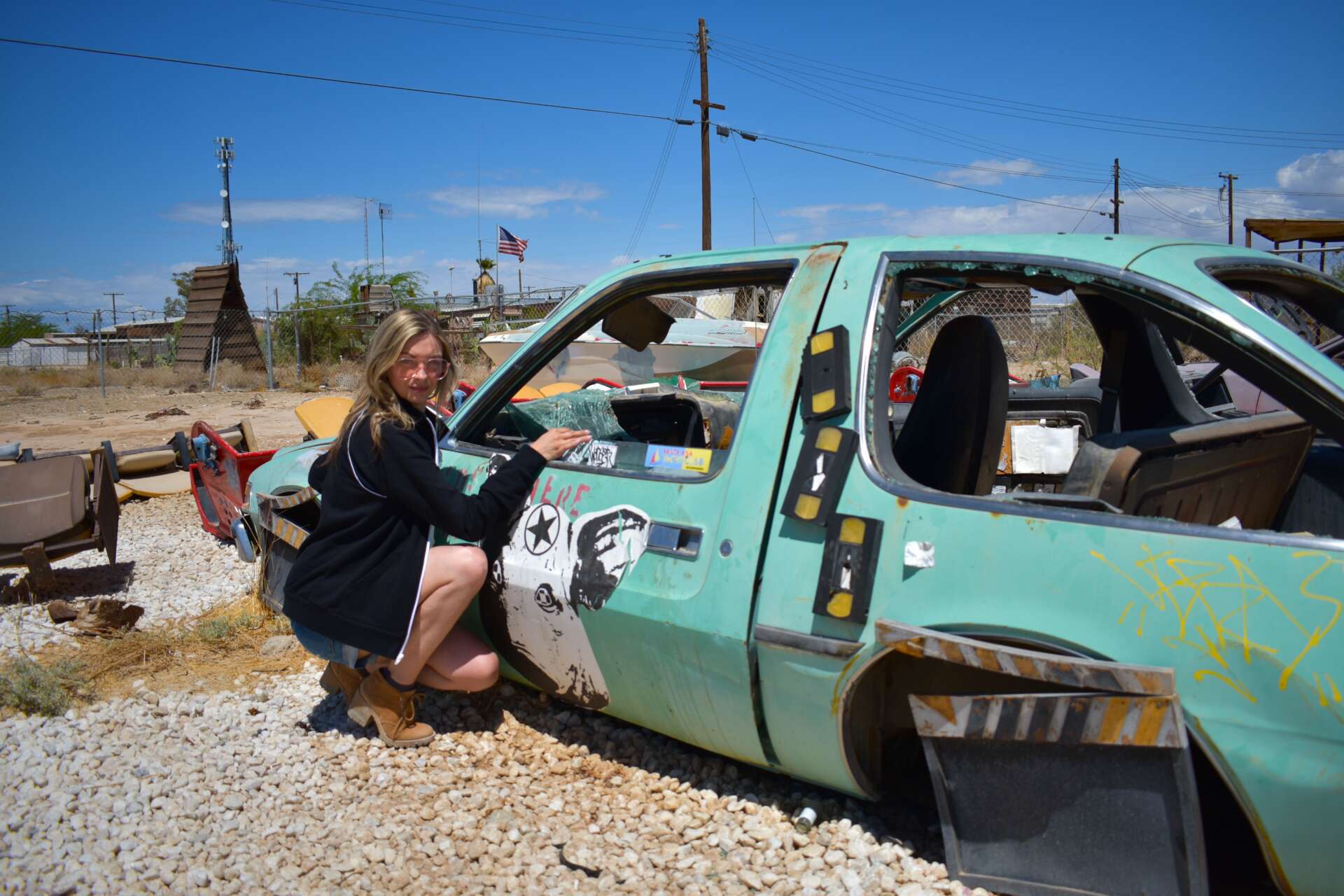
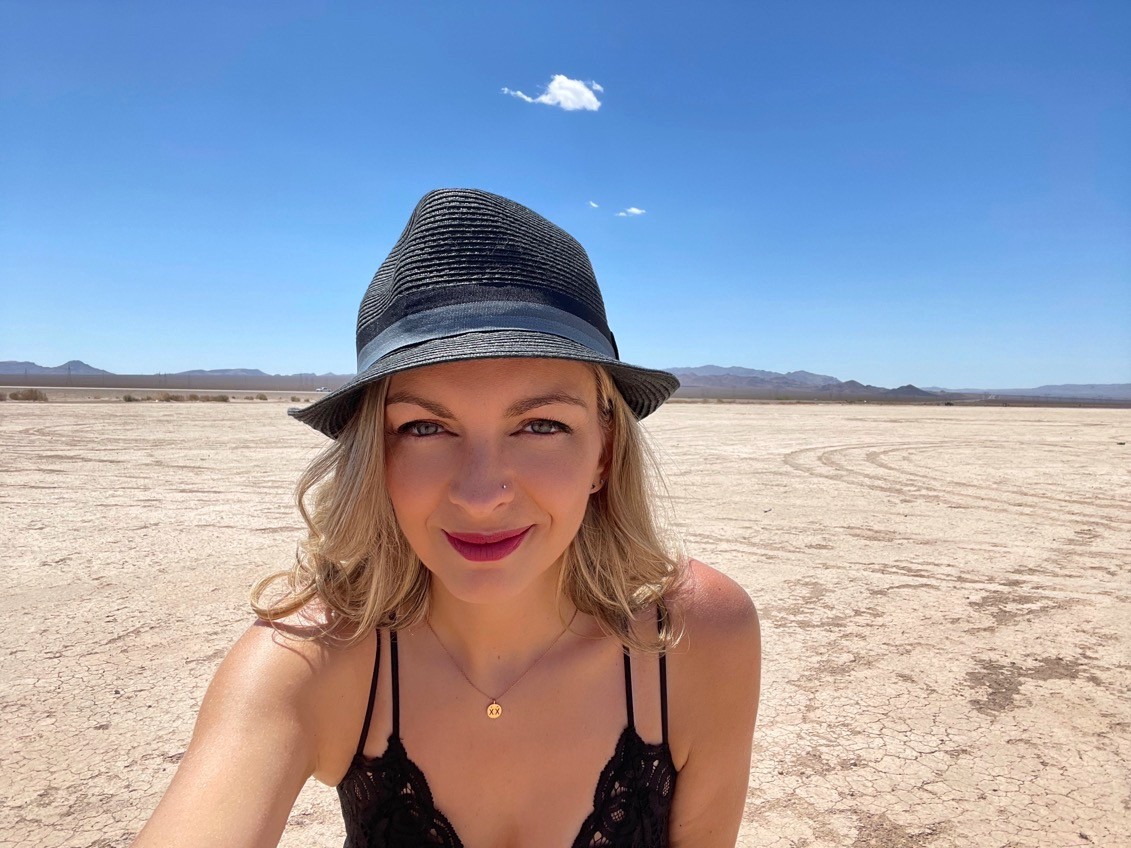
We often hear about learning lessons – but just as important is unlearning lessons. Have you ever had to unlearn a lesson?
When it comes to filmmaking, the focus tends to be on “what things do we need to get the thing done?,” as if it’s a checklist. That’s just a general view when people start a project and I have found it’s not the best approach. Sure, you need people and tools, but it really respects the art if you just listen to what the art needs. This boils down to answering questions like: What will best compliment your storytelling and how it will touch people? Is everything you put in the frame intentional? Does it have a meaning? What are you saying when you do something one way or another? Or what are you not saying, what is in the subtext of an actor’s eyes and the character’s inner struggle? That may be the director side of me versus the producer side but it sure makes art more satisfying that way.
My views come as a result of being asked to come onboard projects that just did not put enough time into pre-production or actually following through on finishing editing the film, or creating something truly meaningful. It is okay to create to keep practicing but it is important when you bring other people in on a project to show that you are capable and serious about what you do as an artist. I have been asked to act in certain roles while the script is still being written and find that editing the screenplay doesn’t exist because they want to roll the camera the following weekend because that’s the soonest they can. They seemingly go through a mental checklist of “okay, I have a script! I asked some actors to be a part of it! Someone has a camera!” “I want to make it now!”
And that’s okay if you are practicing with people you know, creating for the sake of it. But it is doing a bit of disservice to go through that process if you are assuming you’re going to submit to film festivals, for example, and think you will succeed there. I see this happen so often. That’s not going to help your work stand out on that platform in particular. Make the ultimate goal and then take the time to get there, even if it means spending months to be ready to make something amazing and have others trust you know what you’re doing. See where the art takes you.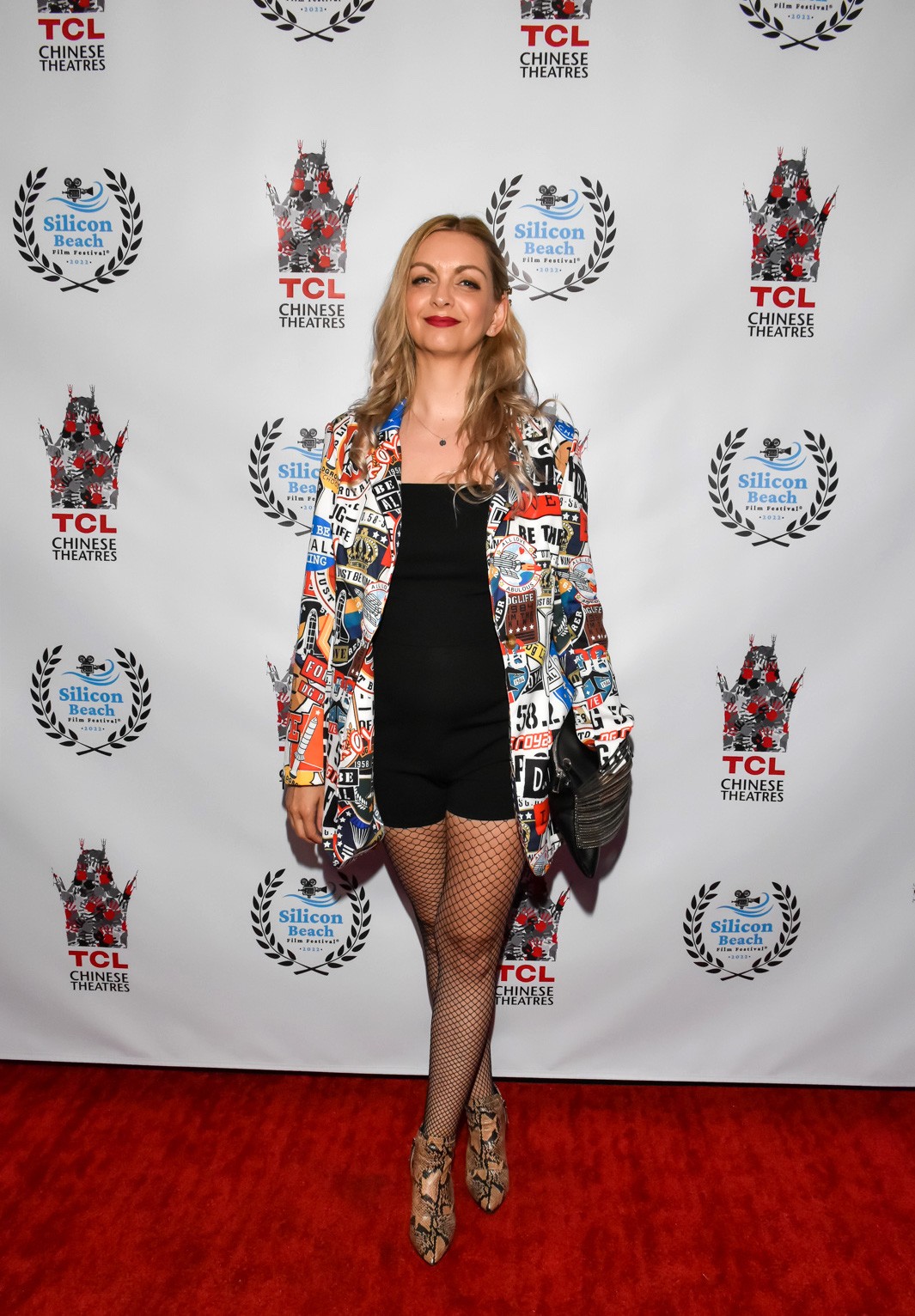
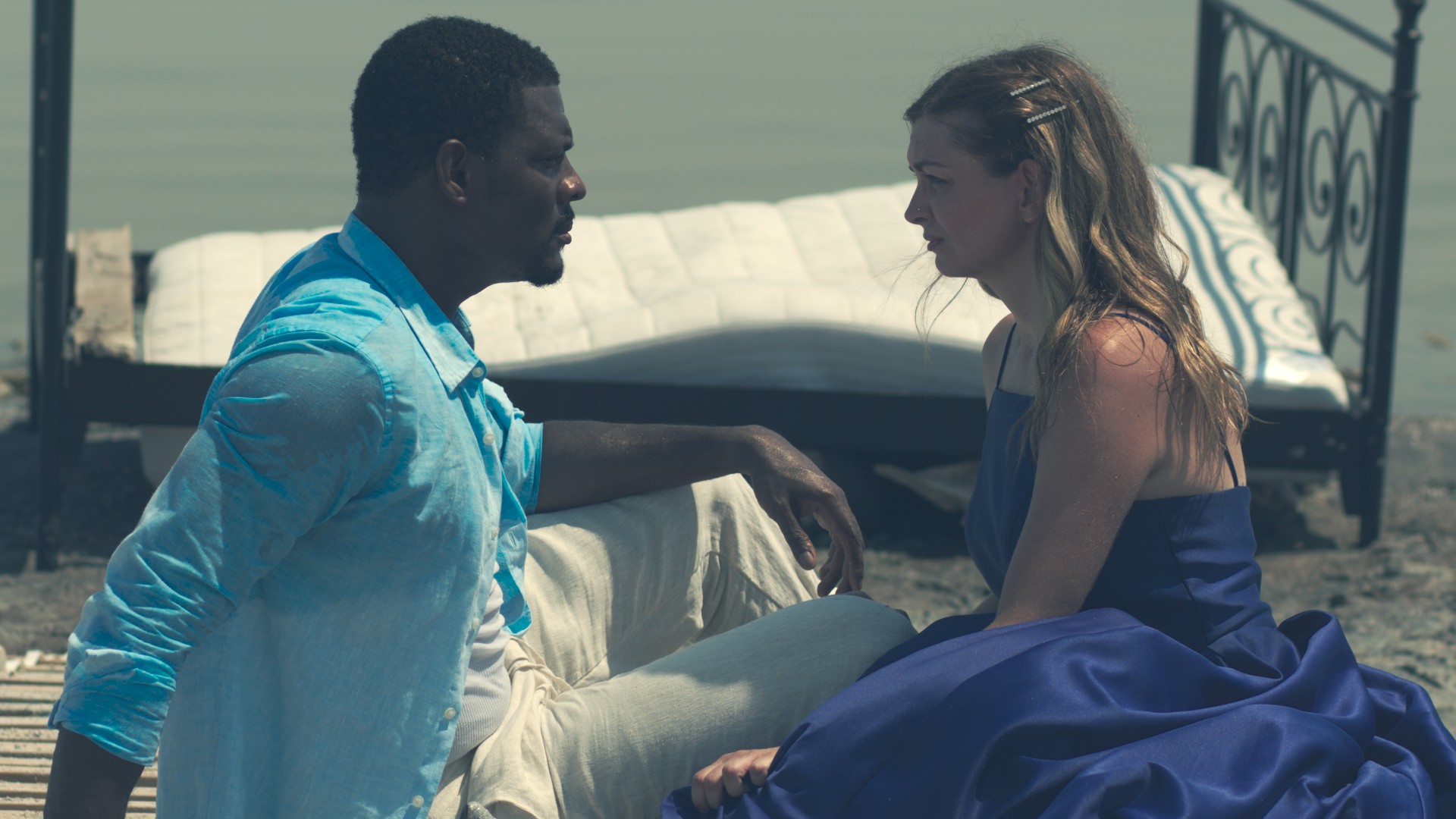
For you, what’s the most rewarding aspect of being a creative?
Having your work resonate with other people is an indescribable feeling. Someone came up to me at the sink in a theater restroom with tears streaming down, saying ‘You Don’t Deserve This’ really spoke to them in a way they hadn’t seen portrayed onscreen before. That was the epitome of the work paying off, a genuine, visceral encounter. Enjoying the process and seeing your work come together is also rewarding. It seems obvious but it can be easy to get caught up in all the details as you go along. Remembering to consistently step back and take it all in is important. I often tell fellow filmmakers to remember the experience is to be enjoyable. Things will change and curveballs will come but you have to adapt to the flow of this. That’s one of the fun parts, seeing where it all takes you. When it comes to my writing, it’s rewarding when someone has read a screenplay and remembers it was based on actual events. They are amazed that I not only lived through some things but was able to channel my experiences and be vulnerable enough to share them with the world. That’s what it all comes down to, letting the work speak for itself and seeing who it reaches. 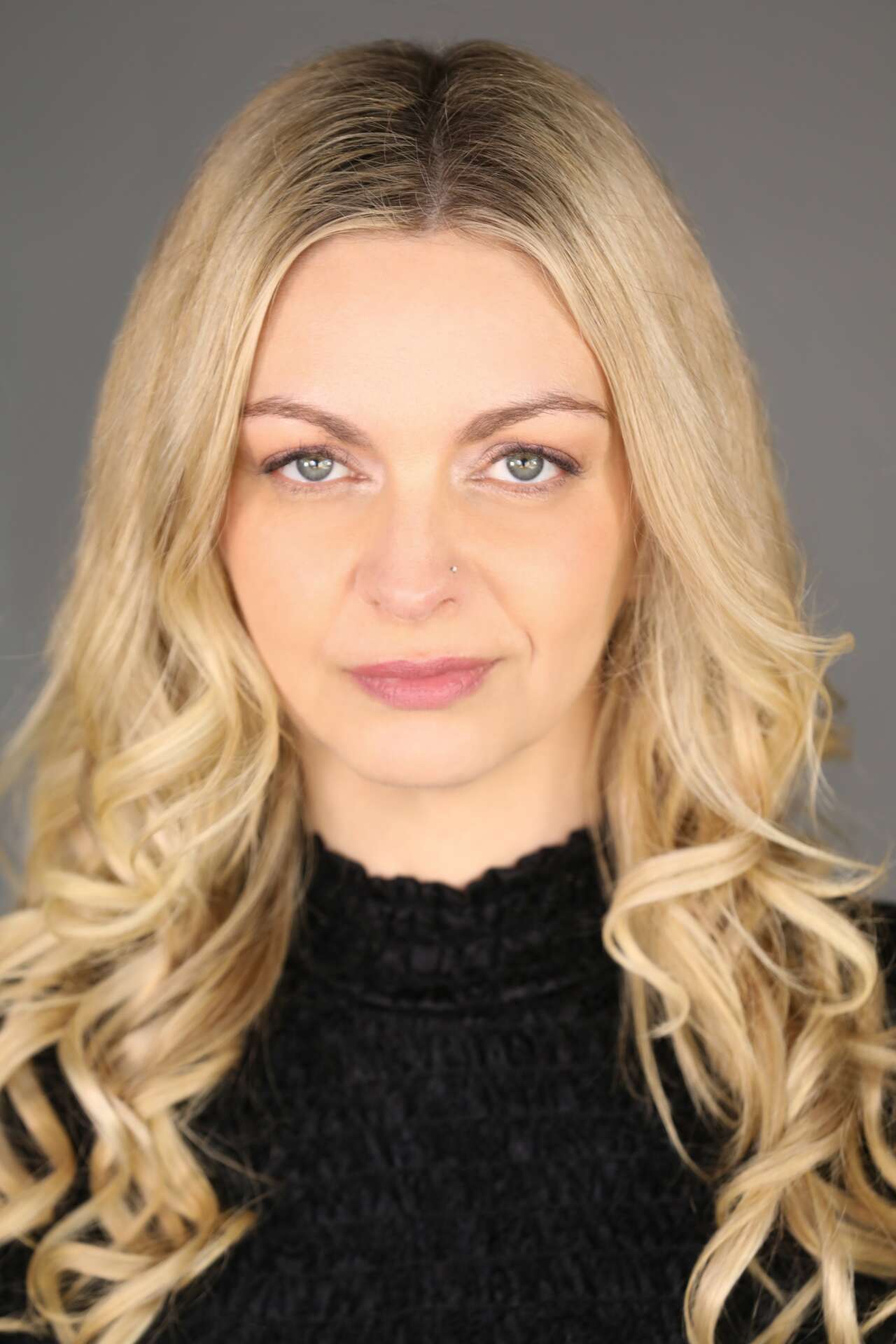
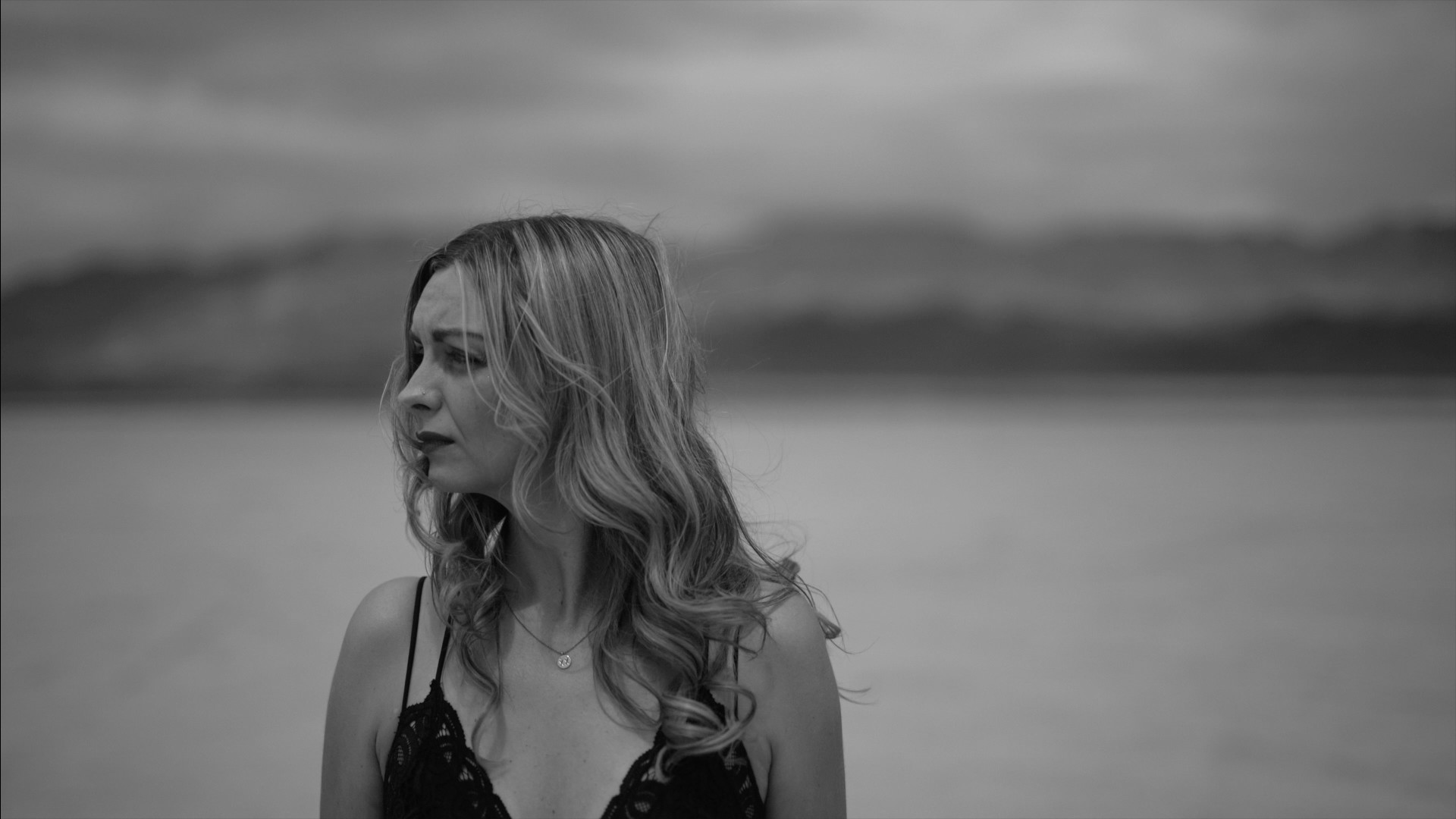
Contact Info:
- Instagram: https://www.instagram.com/shaunrylee
- Facebook: https://www.facebook.com/shaunryleeactress
- Linkedin: https://www.linkedin.com/in/shaunrylee/
- Other: https://imdb.me/shaunrylee
Image Credits
Deidhra Fahey Psylent Pictures Steve Escarcega


